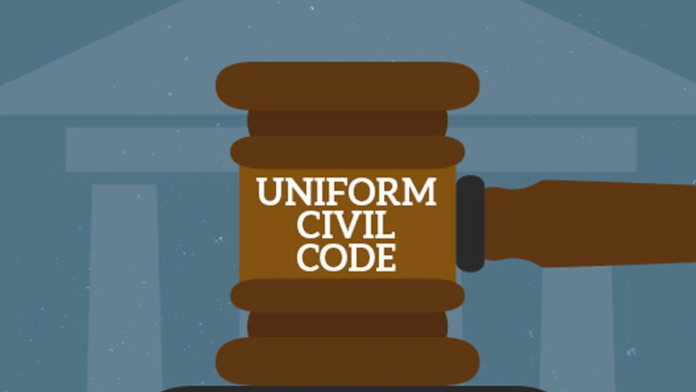Thank you dear subscribers, we are overwhelmed with your response.
Your Turn is a unique section from ThePrint featuring points of view from its subscribers. If you are a subscriber, have a point of view, please send it to us. If not, do subscribe here: https://theprint.in/subscribe/
India is among the world’s most religiously and ethnically diverse nations. Several faiths harmoniously function in society. India is the birthplace of Buddhism, Sikhism, Jainism, and Hinduism. Travellers from throughout the world introduced Judaism, Zoroastrianism, Islam, and Christianity to India. Religion provides spiritual nourishment, hope, and a sense of connection. Religion instructs people on moral standards and ideals that shape their social and personal conduct. Community may be created by supporting and belonging to people with similar beliefs and behaviours. Religion also influences practices, events, and rituals that preserve cultural identity and history. Marital, divorce, adoption, and succession matters are addressed.
India has eight main faiths and particular laws to handle the four personal concerns raised above. By often mirroring the cultural and religious values they cherish, these guidelines help people develop their sense of identity and belonging. Personal laws help people to follow their religious beliefs and practices handed down throughout the years. They provide a sense of continuity, stability, and predictability in relationships so that people control life events in keeping with their religious principles. Personal laws help to preserve social norms and cultural legacy. By safeguarding and respecting personal laws, societies may encourage a feeling of diversity, pluralism, and tolerance for various religious communities. The ones without codified laws yet are Muslims and Jews.
The complex, disputed history of the Uniform Civil Code (UCC) in India is closely linked with the sociopolitical conditions of the country. During the British era, personal rules based on religious customs and traditions governed many different tribes across India. The British officials mainly let different religious groups follow their own personal laws and avoided interfering with these guidelines. Explicitly urging that the family laws of Hindus and Muslims not be included in this codification, the British administration published a report on the requirement of consistency in the codification of Indian law in 1835 grouping it according to violations, evidence, and agreements. It marks the beginning of the UCC debate.
The architects of our constitution confronted the challenge of instituting a secular and inclusive legal framework following India’s independence from British rule in 1947. They incorporated clauses into the Constitution that would later permit the State to pass a Uniform Civil Code. In the Directive Principles of State Policy section of Article 44 of the Indian Constitution, it is stated, “The State shall endeavour to secure for the Citizens a uniform civil code throughout the territory of India.” Since then, there has been a great deal of discussion and controversy around the implementation of a UCC. The variety of religions and the delicate nature of personal laws are the leading causes of this issue. Any effort to alter or harmonise the personal laws of various religious communities has been greeted with opposition, especially among Muslims and Hindus.
UCC was likely meant to foster nationalism and togetherness as all people would follow the same rules. It will also assist reduce barriers to inter-community and inter-religious marriages, decreasing friction. UCC also addresses the gender inequality and ambiguity at the heart of several traditions. The rule of law is paramount in a nation. Constitutionality would be the only argument for personal law codification.
The UCC is defended by proponents as an essential step towards attaining social justice, gender equality, and national integration. They claim that particularly in cases involving marriage, divorce, and inheritance, personal laws based on religious practices frequently support discriminatory practices against women. The adoption of a UCC would create a uniform legal system that accords all citizens with the same treatment regardless of their religious affiliation. Since personal laws are firmly established in religious practices and traditions, opponents of the UCC claim that it may infringe upon religious freedom and cultural diversity. Proponents stress that the UCC would instead work to uphold everyone’s fundamental rights and notions of equality rather than destroy religious convictions.
The vision is appreciable but interfering with the religious matters of an individual will be interfering with the very core of the person. Having said all, it would be correct to say that discriminatory religious practices should not conceal themselves under that confidence in order to appear legitimate. It is to be said that the best course of action might not be a UCC, but rather the codification of all personal laws so that any prejudices or generalizations would be exposed and tested against the blacksmith’s iron of constitutionality.
These pieces are being published as they have been received – they have not been edited/fact-checked by ThePrint.


